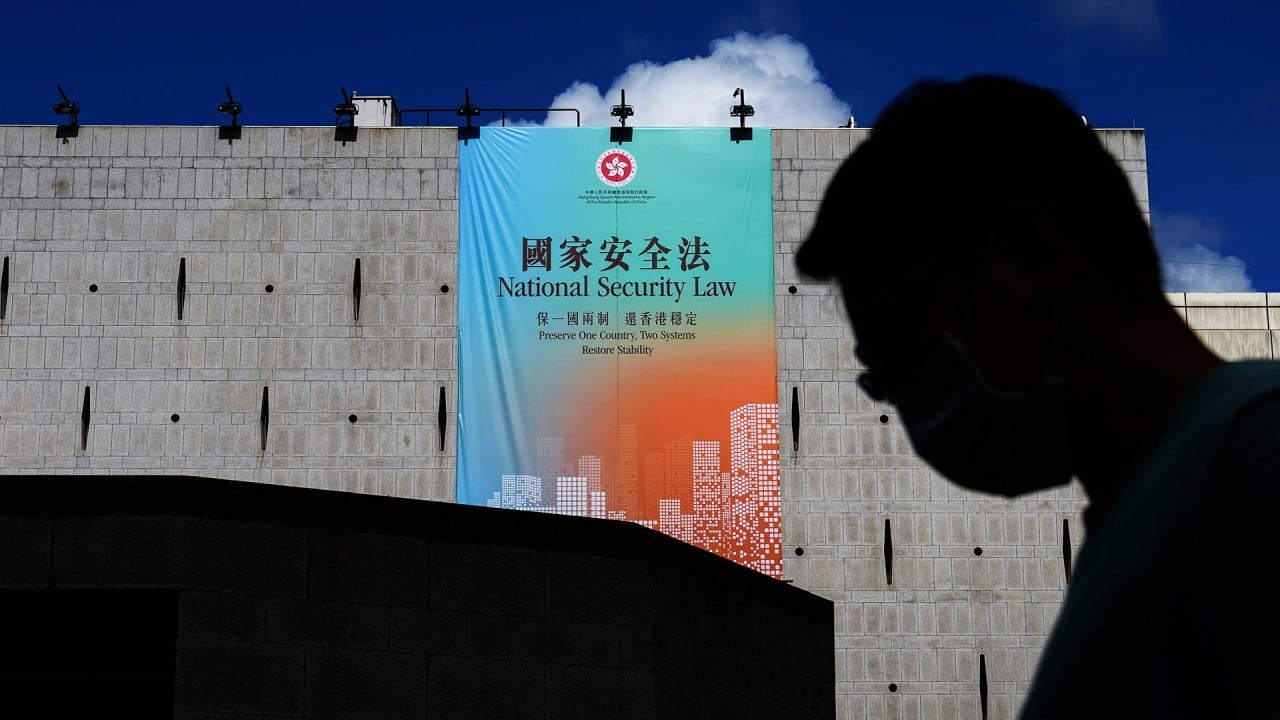
National security law: more questions than answers on Hong Kong’s freedoms and rule of law
- Much remains to be done to ensure the new law is clearly understood and implemented in a way that limits its impact on Hong Kong’s way of life
- Some will welcome Beijing’s move if it restores order after months of civil unrest and protests but, even if achieved, this will come at a price
Beijing’s new national security law for Hong Kong has finally been unveiled. Rather than clear up uncertainties, though, it has raised fresh doubts and fears.
The legislation, comprising 66 articles, is expressed in broad and sweeping terms. It is still not clear precisely what will constitute a crime under the core offences of secession, subversion, terrorism and collusion with foreign or external forces. Officials argue that the new law will strengthen the “one country, two systems” concept, but it makes fundamental changes to the city’s legal system and Hong Kong’s relationship with Beijing.
For many, the law has confirmed or exceeded their worst fears. Others will welcome Beijing’s move if it restores order to Hong Kong after months of civil unrest and protests, but this objective, even if achieved, will come at a price.

03:25
Hong Kong police arrest 10 under new national security law
The responsibility for working out what all this means should lie with Hong Kong’s courts. Under the city’s common law system, they interpret the law and apply it on a case-by-case basis. In time, its meaning will become clearer.
The power of interpreting the national security law lies with the NPC Standing Committee. It is not clear whether the courts will be able to invalidate any parts of it considered to be in breach of the Basic Law. Hong Kong courts enjoy the power of “final adjudication” under the Basic Law. They have the final say in court cases, in other words, but that will not apply to some national security cases.

02:13
Beijing’s passage of national security law for Hong Kong draws international criticism
The jury system, also maintained by the Basic Law, is a fundamental and historic part of Hong Kong’s legal framework. It is the ultimate safeguard against oppressive prosecutions and abuses of the judicial process. Under the new law, though, the justice secretary can require cases to be tried by three judges rather than a jury.
Cases involving public order or state secrets can be held behind closed doors with only the judgment made public. The prospect of a person facing life imprisonment in a closed trial with no jury is a chilling one.
Other provisions will trouble the media. The law requires the Hong Kong government to strengthen regulation of the media on national security matters. The police will have the power to order published material to be deleted, and people suspected of having information relevant to national security investigations can be forced to reveal it. There is no exemption for media organisations.
There are powers enjoyed by the central government under the Basic Law that it has either not used, or used sparingly, in the 23 years since Hong Kong returned to China. Hopefully, the same will be true of the more draconian provisions in the national security law.
Cliff Buddle is the Post’s editor of special projects

